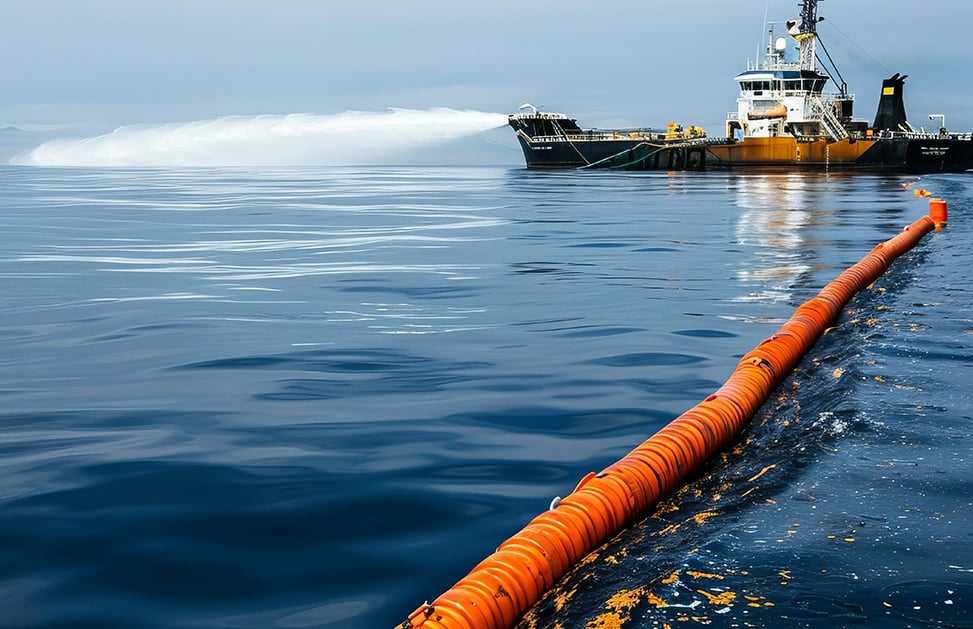Lebanon’s ability to tackle oil spills received a significant boost last week, through a virtual IMO training event focused on the critical importance of rapid response to oil pollution incidents. Held from 13 to 15 August, the OPRC Level 3 course brought together 21 senior managers and administrators who are key to Lebanon’s oil spill response efforts.
Decision-making skills,
Through interactive online lectures, exercises, and discussions, participants honed their decision-making skills, emphasizing the need for quick action to minimize the impact of any potential spill. The training highlighted the importance of robust cooperation—not only within Lebanon but also with neighbouring countries and the international community.
Plan (NOSCP)
Key topics included understanding roles and responsibilities before and during an incident, navigating relevant regulations and conventions, and addressing liability and compensation issues. The group reviewed the current status of Lebanon’s National Oil Spill Contingency Plan (NOSCP), exploring ways to further enhance the country’s preparedness.
Related : IMO : NextWave Seafarers Pilot Training Programmein July
Programme (ITCP).
In addition to sharpening their skills, participants gained valuable networking opportunities, fostering a collaborative approach to oil spill readiness and response.
The course was organized by the Regional Marine Pollution Emergency Response Centre for the Mediterranean Sea (REMPEC), through IMO’s Integrated Technical Cooperation Programme (ITCP).
About IMO
IMO – the International Maritime Organization – is the United Nations specialized agency with responsibility for the safety and security of shipping and the prevention of marine and atmospheric pollution by ships. IMO‘s work supports the UN SDGs.
As a specialized agency of the United Nations, IMO is the global standard-setting authority for the safety, security and environmental performance of international shipping. Its main role is to create a regulatory framework for the shipping industry that is fair and effective, universally adopted and universally implemented.
In other words, its role is to create a level playing-field so that ship operators cannot address their financial issues by simply cutting corners and compromising on safety, security and environmental performance. This approach also encourages innovation and efficiency.




